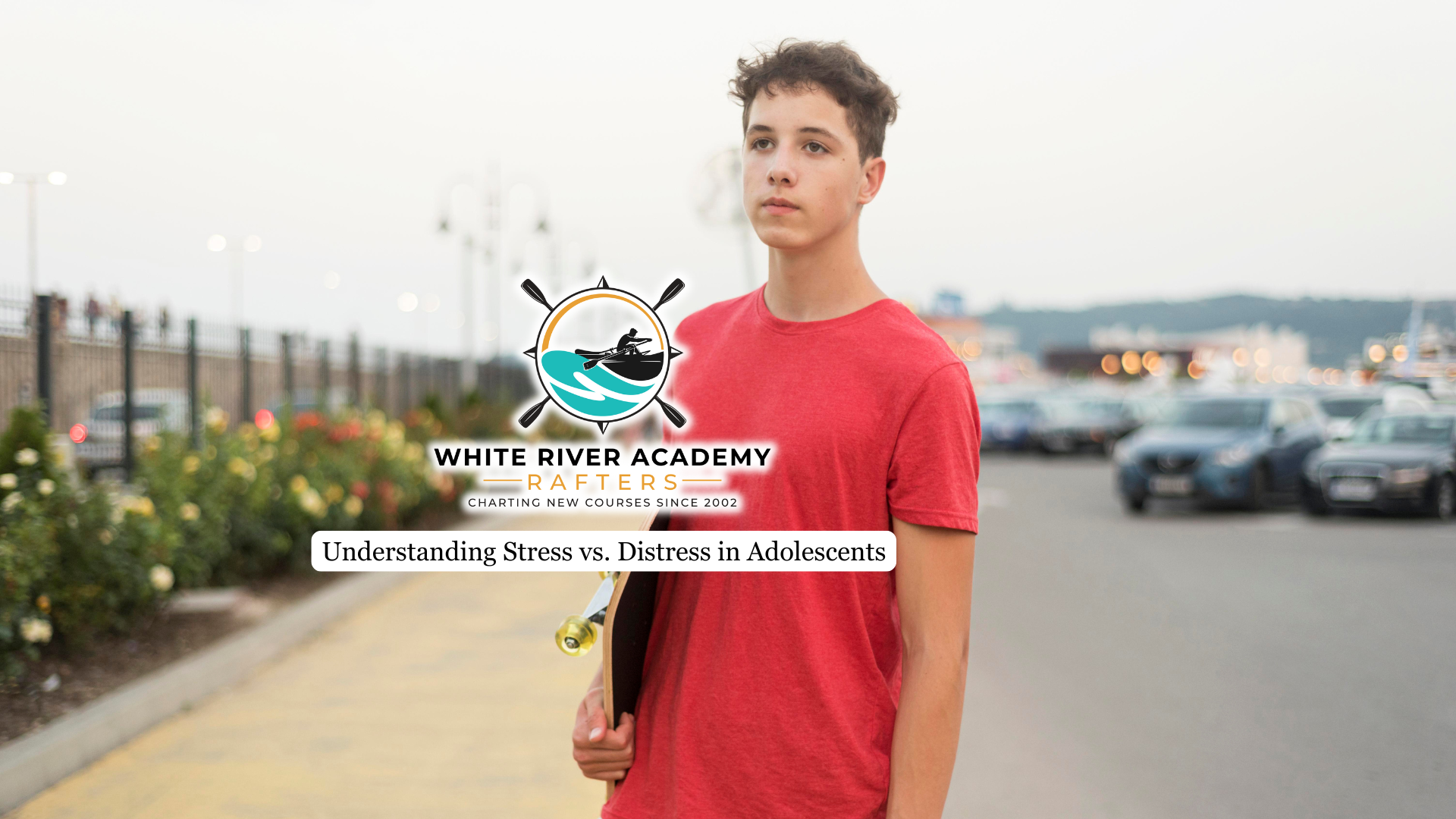Dialectical Behavior Therapy (DBT) has become a highly effective approach for treating a wide range of mental health challenges. For many individuals, particularly those struggling with intense emotional pain, this experience is a daily reality. DBT offers a powerful path towards emotional regulation and a more balanced life.
This article serves as a comprehensive guide to understanding DBT, from its origins and core philosophy to its practical skills and applications.
Understanding the Core Principles of DBT
Dialectical Behavior Therapy (DBT) is a form of cognitive-behavioral psychotherapy that was developed by Marsha M. Linehan in the late 1980s. It was initially designed to treat borderline personality disorder, but it has since been adapted to treat a wide range of other mental health conditions.
DBT integrates acceptance and change strategies, combining cognitive-behavioral techniques with mindfulness practices to help you manage intense emotions.
DBT is particularly effective for those with borderline personality disorder (BPD), as it validates your feelings while addressing maladaptive behaviors. Through weekly group skills training and individual therapy, you’ll learn to apply these skills in daily life, reducing self-harm and enhancing overall well-being.
If you’re looking for a therapeutic environment that incorporates DBT principles to help your son or a young man in your life overcome challenges and reach his full potential, we encourage you to explore White River Academy.
Exploring the Four Key Modules of DBT
Dialectical Behavior Therapy (DBT) is a comprehensive treatment that equips you with essential skills through its four key modules: mindfulness, distress tolerance, emotion regulation, and interpersonal effectiveness.
The mindfulness module helps you cultivate present-moment awareness, enabling more effective management of thoughts and emotions.
Distress tolerance teaches you strategies to cope with emotional pain without engaging in harmful behaviors.
Through emotion regulation, you’ll learn to identify, understand, and manage your emotions better.
Interpersonal effectiveness focuses on developing assertiveness and communication skills to improve your relationships while maintaining self-respect.
Conditions Effectively Treated With DBT
If you struggle with borderline personality disorder, you’ll find that DBT effectively reduces self-harm and suicidal behaviors.
For those with post-traumatic stress disorder, DBT improves emotion regulation and distress tolerance.
It’s also beneficial for managing eating disorders like bulimia and binge eating disorder, helping you develop healthier coping mechanisms.
If you battle substance use disorders, DBT teaches practical skills for emotional regulation and managing cravings.
Across various mental health conditions, dialectical behavior therapy can lead to improved depressive symptoms and overall emotional stability.

The Structure and Format of DBT Sessions
DBT sessions typically involve weekly individual therapy lasting 40-60 minutes, coupled with weekly group skills training sessions of 1.5 to 2 hours. During individual therapy, you’ll work one-on-one with your therapist to address personal challenges and apply DBT skills to your unique situation.
In group skills training, you’ll learn and practice key modules like mindfulness, distress tolerance, emotion regulation, and interpersonal effectiveness. Between sessions, you’ll complete homework assignments to reinforce the skills you’ve learned.
Telephone coaching is also available for real-time support during crises, allowing you to apply DBT skills in your daily life.
Benefits of DBT for Troubled Male Youth
DBT offers a range of benefits for troubled male youth struggling with emotional and behavioral challenges. Its structured approach, combining individual therapy and group skills training, provides a supportive environment where they can learn essential coping skills.
DBT effectively reduces anger, self-harm, and suicidal behavior in male adolescents with emotional dysregulation and BPD. Through DBT, they develop skills in distress tolerance and emotion regulation, enabling them to navigate intense emotions more effectively.
Participation in DBT activities is correlated with improved interpersonal relationships and decreased substance misuse.
Final Thoughts from White River Academy
At White River Academy in Utah, we acknowledge the transformative potential of Dialectical Behavior Therapy (DBT) and incorporate its principles into our therapeutic residential program for young men. We understand that troubled adolescents often struggle with emotional regulation, relationship difficulties, and behavioral problems. We believe that DBT can help them develop the skills they need to navigate these challenges and build a brighter future. you develop the skills you need to thrive. Please visit https://whiteriveracademy.com/ for more information.




